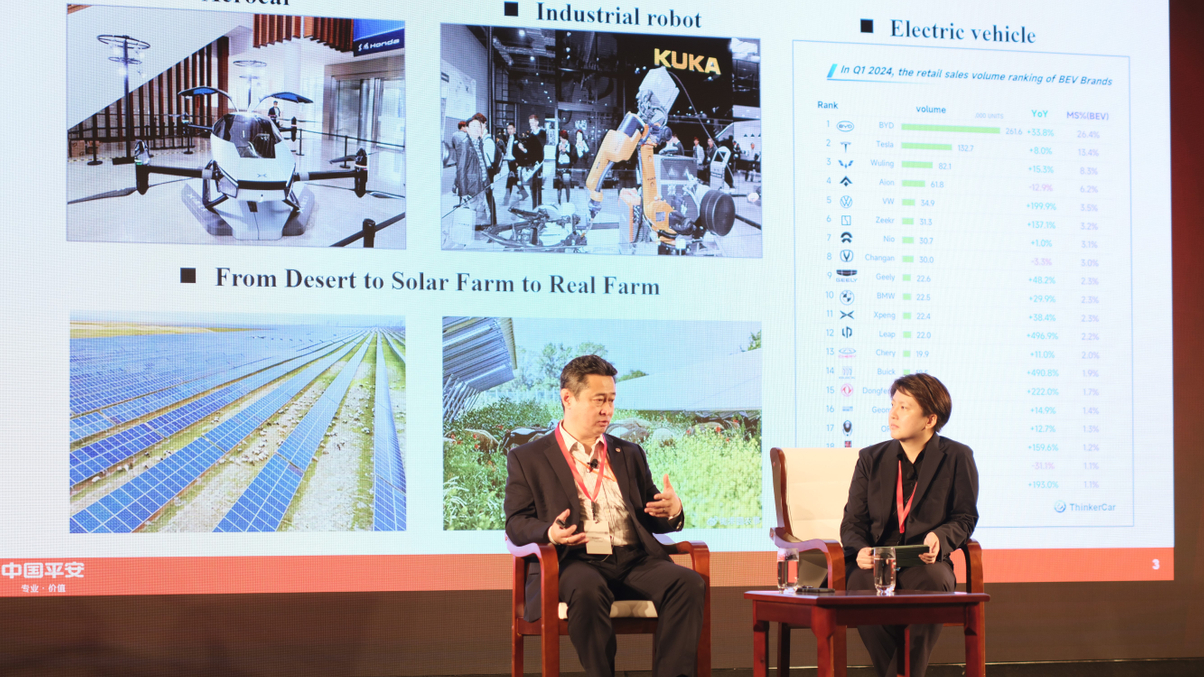Ping An seeks foreign partners for sustainable plays in China
The insurance group’s CIO sees steadfast development around trends like electric vehicles, robot automation, and renewable energy.

Ping An Group is looking for potential partners to invest in China’s energy transition and sustainability efforts, where the insurer sees growth trends that hold long-term potential.
Sign in to read on!
Registered users get 2 free articles in 30 days.
Subscribers have full unlimited access to AsianInvestor
Not signed up? New users get 2 free articles per month, plus a 7-day unlimited free trial.
¬ Haymarket Media Limited. All rights reserved.


